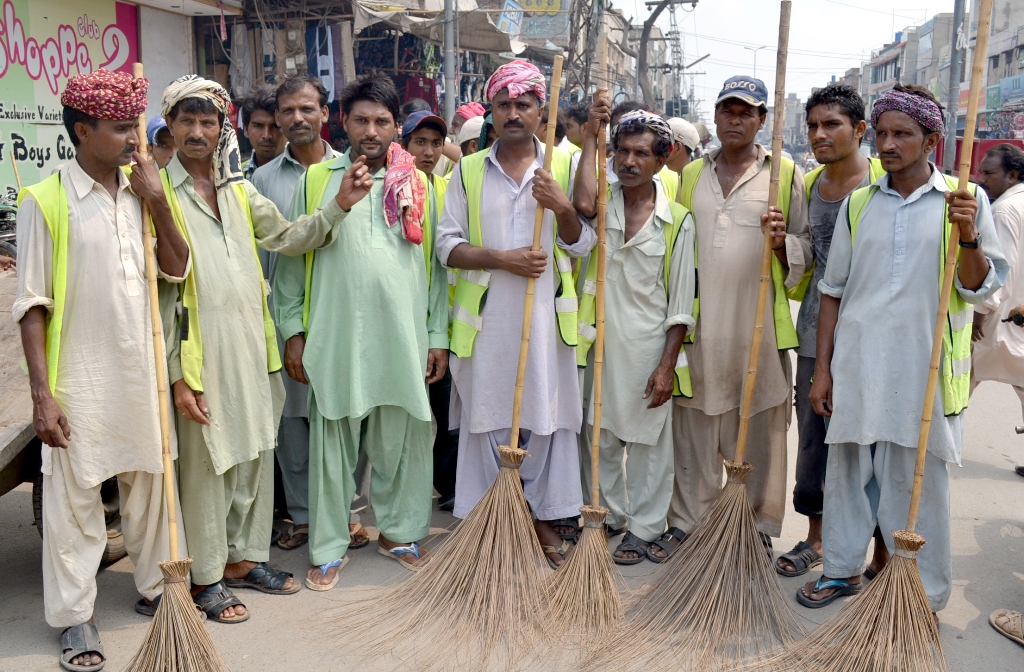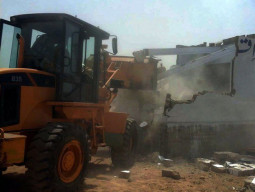
Speakers at a discussion, organized by Strengthening Participatory Organization on Friday at a hotel, dwelt at length over the issue.
Lawmakers, officials of Water and Sanitation Authority, Social Welfare Department, Labour Department and representatives of the civil society all acknowledged the perilous nature of the work, low wages and a lack of safety standards.
Water, water everywhere, not a drop to drink
They stressed the need for creating and strictly implementing the standard operating procedures for the workers. Justice (R) Majida Rizvi, the chairperson of the Sindh Human Rights Commission, asked the participants to inform the SHRC about the work safety violations inflicted on the sanitary workers. She acknowledged that another violation of the workers' rights pertained to their low salaries.
"It is regrettable that in some organisations, regular employees sit at homes while temporarily hired employees on low wages work in difficult situations in which they risk their lives," she observed.
Muzzafar Hussain Memon, the managing director of WASA, said that 70 regular sanitary workers are employed in WASA. "But 80% of them are overage and we can't force them to go and work in a manhole." According to him, WASA mostly hired sanitary workers on contract through its supervisors, tacitly acknowledging the exploitation of those workers.
Pirbhu Satyani, SPO's regional head, in his brief presentation, highlighted that the developed world has formed workplace safety rules for sanitary workers. "There is no provision to force these people to go in the manholes where there are horrible and poisonous gases," he said.
Satyani said that the workers should not only be equipped with safety gear but pre-work training and refresher training should be made part of their job. He also mentioned that the Sindh Sanitation Policy, 2017, and national sanitation policy and other regulations do not provide for the benefits of those workers.
Sanitary workers boycott work to protest against arrest of co-workers in Hyderabad
He said that the SPO will engage WASA, HMC, HDA and other municipal administrations to help them introduce the safety measures.
Social activist, Boota Imtiaz, deplored that no government organisation took steps to stop the exploitation of sanitary workers. "We all often see them drenched in drainage water while cleaning drains and manholes but we never do anything to alleviate their situation."
MPA Naveed Anthony assured that he will take up the matter in the Sindh Assembly for proper legislation. He said the sanitary workers hired on contract for longer periods of time should be regularised.
Advocate Ali Palh of Sindh Human Rights Defenders briefed the participants about the Umerkot incident in which four workers had died in a manhole.

1732271743-0/diddy-(45)1732271743-0-165x106.webp)















COMMENTS
Comments are moderated and generally will be posted if they are on-topic and not abusive.
For more information, please see our Comments FAQ